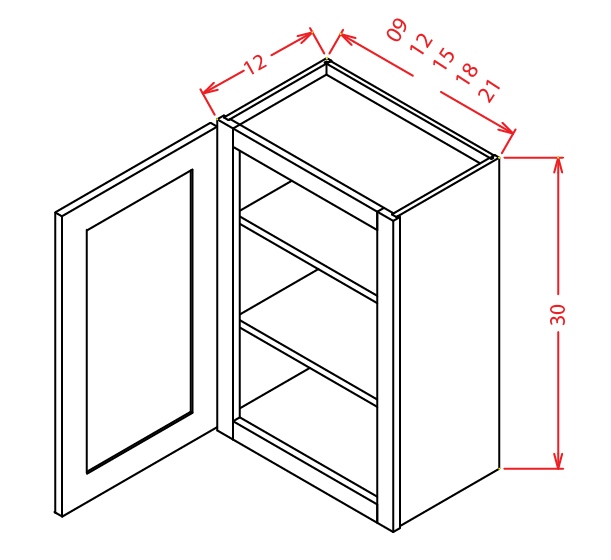Millennials rule the roost when it comes to real estate these days: For the past few years, they have been the largest group of recent buyers, constituting 34 percent of all home buyers in 2016-2017. Since most Millennial buyers bought homes because they got married and wanted to settle down, they aren’t a prominent home-selling group – the Gen X group tops the list of home sellers. And it’s these two generation groups that are most willing to convert their home buying or selling activities into DIY experiences. Even if these projects take time, need area-specific knowledge and excellent negotiating skills. Increased traffic on sites like ForSaleByOwner, Zillow, HelpUSell and Trulia are proof of this trend and their web-based features are trying to replace the services of a professional realtor. However, existing statistics are still in favor of the professional realtor whether you’re buying or selling homes. Research published by the National Association of Realtors (NAR) in March 2017 reveals that nearly 90 percent of homebuyers hired a realtor. People use online resources to do their preliminary research, but depend on a professional agent to move forward on property deals – whether it’s buying or selling. In fact, those who used the Internet for research were more likely than those who didn’t to hire a realtor, according to the study.
Digital Age Realtors

1. Saving Time and Work
Before you make up your mind against hiring a fulltime realtor, think if you’d be able to handle all the time-consuming work and research that goes into the process. If you’re selling, it might take you anywhere between four to six months to find the right kind of buyer, according to NAR. During that entire time, you need to spend time on keeping your home presentable; be available whenever a buyer wants to see your home or discuss details over the phone. This can be particularly difficult if you have a fulltime job.
Hiring a realtor would mean there will always be someone who is around to show interested buyers around. Potential buyers feel uncomfortable about checking out a property in the presence of the owner. They find it difficult to envision themselves in the house with the owner hovering.
If you’re a buyer, then hiring a real estate agent can save you from spending hours online scouring for a house that’s under budget yet, with “dream-house” features. Your realtor will do all the elimination work for you, while also being a great resource on the neighborhood and any accompanying zoning restrictions.
2. Finding the Right Price

If you’re a homebuyer, a realtor can provide you access to latest information about the sale of comparable homes (comps) in the neighborhood and advise you accordingly. They might also be able to source homes that are way under your budget, thanks to their vast network and insider knowledge. Or, they can help you decide where you could compromise to get the best deal.
3. Staging Houses to Sell & Convince

And if you’re a buyer, a realtor can walk you through the various repairs, upgrades and cosmetic changes that have gone into the property; can help you envision yourself in the house by allowing you the time and quiet to explore the property yourself. They can give you a sense of the lifestyle offered by a home. But, most importantly, a realtor can point out what further repairs are needed and what upgrades can be included within the price.
4. Finding Qualified Buyers & Sound Sellers

Such people can be a complete waste of time and can further extend your house’s time on the market. If you’re a buyer looking to forego the realtor fee, then you could wind up with a great deal only to learn later that it was once used for illegal activities.
A realtor can smell a bad deal from miles away and will bring to your attention to only those buyers and sellers who are legally qualified and sound. They posses the tools required to verify where the funds for the purchase are sourced from – like mortgages or a home that’s pending sale. By doing such background checks, a realtor can ensure your deal doesn’t disintegrate at the last moment.
5. Handling Negotiations and Paperwork

If you’re a solo flying buyer, then you may not be able to get a savvy seller to agree to the repairs and conditions you deem important. If you’re a solo flying seller, be aware that buyers factor in the money you’re not paying an agent and make offers accordingly. Also, if your house has been on the market for too long, then you may be forced to take up dual representation by a buyer’s agent and that might not be in your best interests.
Fly Solo At Your Own Risk

People invest a lot of time, effort, and money in order to become certified realtors. There’s a reason why they do that – it’s to provide buyers and sellers with quality service that can extend to several weeks and is well worth the 5-6% commission fee. Realtors today are getting increasingly savvy – be it be using MLS software, taking professional photographs of properties, learning to use drones, using professional services to stage homes or, constantly updating themselves about relevant regulations.
If someone chooses to buy or sell their home without a realtor, they must be prepared to put in the time, effort and sometimes money required to make a deal.



























































